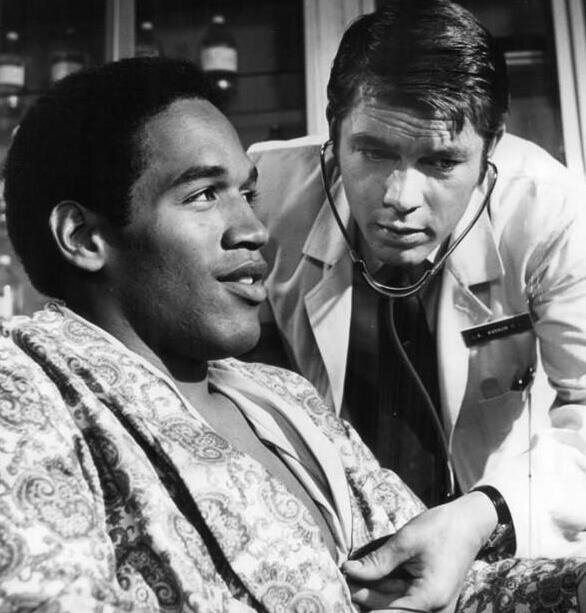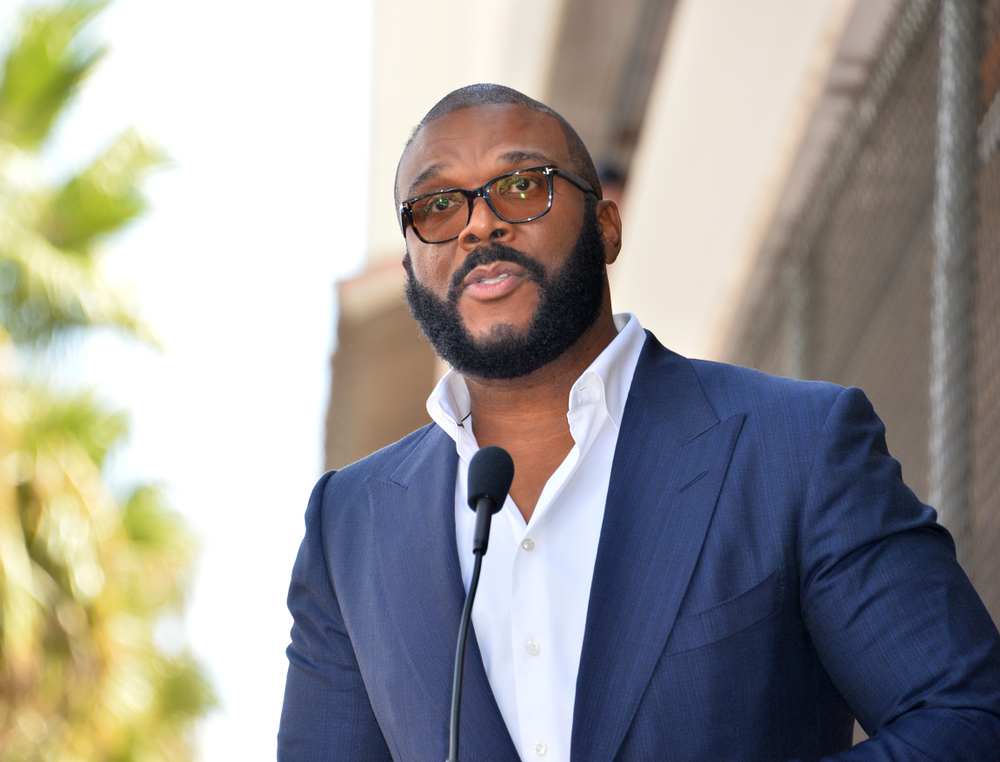I am old enough to remember the O.J. Simpson trial and, most importantly, the verdict. I was at school, and as the class sat in a unified stare at the television, the unison collapsed when the non-guilty verdict was announced. My cheers, and that of one the other students, broke up the harmonious sigh of exasperated accord from my overwhelmingly white classmates because a Black man had been found not guilty of killing his white wife.
I don’t remember much of the rest of that day, but if I remember any part of my personality from that time, it was probably one of the best days I had in a school where I was continuously subjected to racism and microaggressions—not just from the students, but even more so from the teachers.
RIP Juice. The reaction from the OJ Simpson verdict still 1 of the wildest things i’ve seen https://t.co/2nqMaMhWqb pic.twitter.com/l8YgrZ6nY0
— chavíto 🦦 (@Chavito316) April 11, 2024
Simpson.’s exoneration was a middle finger to the established racism that made my daily life more difficult than it should have been, Simpson’s saving was mine too, even if just for one day.
As I have aged, I realized that maybe my child’s mind was aware of so many things but aware of so little. I had already processed, very early on, how race was a deciding factor in how people were treated. I remember Rodney King, not so much Latasha Harlins, but I cannot say that at the time, I had not heard about the story. The trials of the policemen who mercilessly beat Rodney King and the trial and sentencing of the Korean shop owner who shot a 15-year-old in cold blood because she thought she was stealing, even though Harlins had the money in her hand, were a huge disappointment to the Black community. Video evidence of both violent encounters, which happened within two weeks of each other, was not enough to move the wheels of justice in the right direction.
The Black community, especially in Los Angeles, was rightfully exhausted and the O.J. Simpson verdict, four years later, felt energizing.
“I’m not Black, I’m O.J” is a lyric coined by Jay-Z, which was probably sparked from a story in which journalist Robert Lipsyte recalled that after being told that someone else referred to Simpson sitting with some inwards, that he was happy that he was not considered to be one of them. It was O.J. AND some n-ggers, not just some n-ggers. It is understandable that any man who works hard for his accomplishments is eager to be seen beyond race, but he was still excited to be separated from his Blackness.

Image credit: Wikimedia Commons
Simpson’s first wife was a Black woman. He cheated on her with his second wife, the late Nicole Brown Simpson. His girlfriend at the time of the police chase, Paula Barbieri, was also white. He had moved beyond Blackness in a way that suited him.
Simpson was an abusive stalker, and it is highly likely that he did, in fact, kill his wife, but at the time, it didn’t matter.

He was the deliverer of some form of Black justice. After centuries of racial abuse, especially with Black men being murdered for their relationships with white women, it was almost refreshing to see a Black man defeat a racist institution, including the LAPD’s racist cop Mark Fuhrman.
The trial was a glimpse into how deep the racial divide was in this country, but the fact remains that once O.J. Simpson got his money and fame, he forgot the roots that supplied his juice, and though he ran over 11,000 yards—none of them were back to the Black community.








